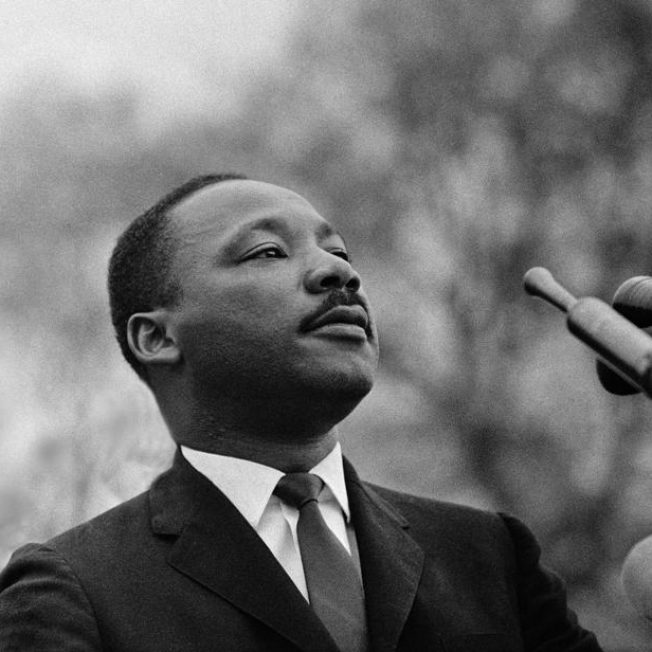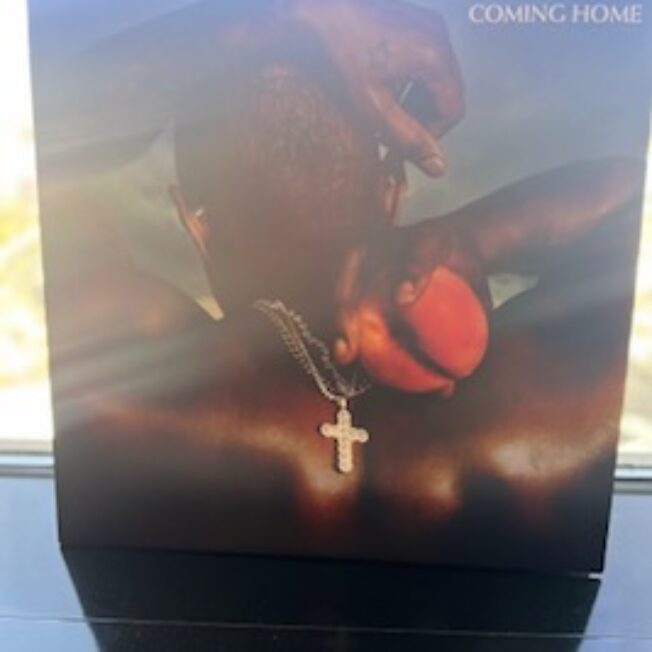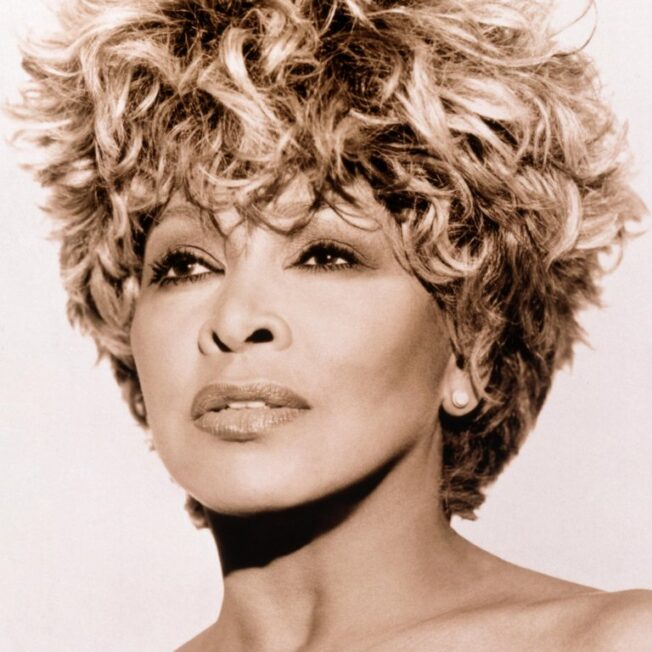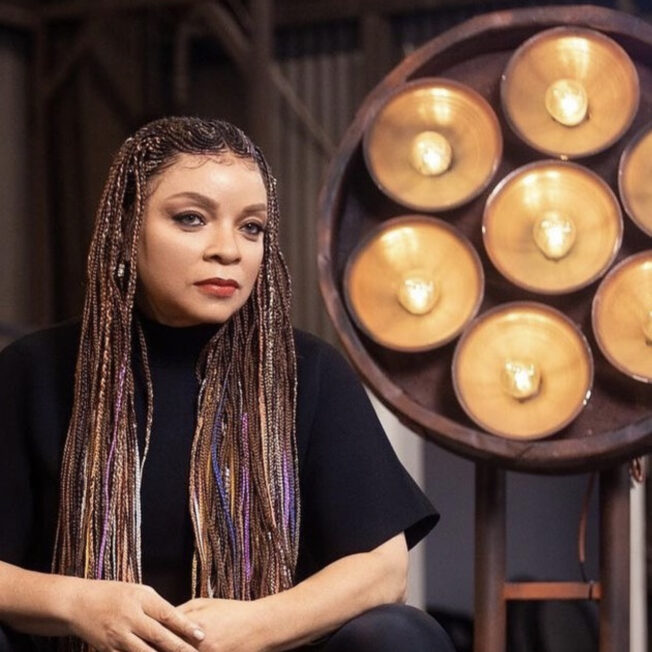This April marks the 54th anniversary of the death of Dr. Martin Luther King Jr. In the decades since his death, his legacy as a civil rights leader continues to be upheld and honored, and his memory lives on through each progressing generation.
While it was a decades-long struggle to make the late activist’s birthday a holiday, today, the holiday serves multiple purposes, both in honoring his legacy and keeping his memory alive. It also serves as a day to focus on civil rights, shine a light on nonviolent protests to inspire change, and call those forward into public service roles to join the fight.
The long-lasting legacy of Dr. Martin Luther King Jr.
Dr. King, a Baptist minister, played an undeniably massive role throughout the Civil Rights movement before his death. Today, we remember him for leading 200,000 people to the Lincoln Memorial overlooking the Washington Monument to gain both economic and civil equality for African-Americans; For his poignant “I Have A Dream” speech that same day, denouncing racism and calling for its end. We remember the Selma to Montgomery march led by Dr. King himself in March of 1965, just one part of a series of civil-rights protests, and the passing of the Voting Rights Act that August, which prohibited racial discrimination in voting.
But we also celebrate Dr. King as the man he was outside of his work. Take his academic prowess, for example. He embraced academia from a young age, beginning his studies at Morehouse College at age 15. By the time he was 19, he had graduated with a Bachelor of Arts in Sociology before he decided to enter the ministry. He, of course, returned to academics in 1955 when he received his Ph.D. in theology from Boston University, officially giving him the title of Dr. that we know today.
We look to his love and adoration for music and the arts, rooted in his religious upbringing. As a boy, Dr. King sang in the gospel choir, and his mother played the organ at the church where he attended as a child. He joined the masses with his love for artists like Mahalia Jackson and Nina Simone, naming both women as two of his favorite artists. He also had an appreciation for jazz, even traveling to Berlin for the 1964 Jazz Festival to deliver the opening address.
“We must walk on in the days ahead with an audacious faith in the future.”
– Martin Luther King Jr. from his 1967 “Where Do We Go From Here?” address
Dr. King was an admirable civil rights leader, but a deeply fascinating person outside of his politics. He envisioned a more diverse America and strived for all to reach a point of equality, but he also upheld the same beliefs and found enjoyment in life’s simple pleasures like the arts as many of his peers, too. He continuously sacrificed for his beliefs but was also a leader, one that knew innately that it was essential to unite people en masse around one common goal, even if achieving that would become a challenge.
How his family is carrying the torch
Dr. King’s tragic death was not the end of his teachings and mission. His family, while suffering grief and great loss, has persisted in continuing to bring forth his messages as the landscape of racial injustices shift and change over time.
His wife, the late Coretta Scott King, carried on his message following his death, traveling across the world to talk about countless issues, including racial and economic justice, women’s rights, religious freedom, health care, environmental justice, and many more factors that not only affected the United States but much of the world, too. She established The King Center, a memorial that focuses on advancing–and protecting–her husband’s legacy for years to come. She also forged her path, leading her goodwill missions around the world to continue to fight for injustices worldwide.
The couple’s first child, Yolanda King, was an actor and motivational speaker who advocated for nonviolence and equality, much like her father did decades before her. Their eldest son, Martin Luther King III, founded the nonprofit Realizing The Dream in 2006, which eventually merged with The King Center over time and continues to carry on his late father’s mission of nonviolence throughout his life.
While their second son, Dexter King, prefers more behind-the-scenes activism to share his father’s mission today, their youngest child, Dr. Bernice A. King, is an outspoken advocate for civil rights and an activist in her own right and serves as the current CEO of The King Center. Even his grandchildren are making an impact today to keep his legacy alive. Yolanda Renee King, the daughter of his eldest son, made an appearance at a March for Our Lives Rally in Washington D.C. in 2018, mirroring sentiments from her late grandfather’s “I Have A Dream” speech all those years before.
Though today, there are still injustices and moments of inequality, what Dr. King had done during his time has become a blueprint for the future to continue to strive for more until all of humankind can enjoy equality every single day.




















